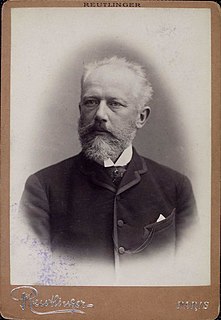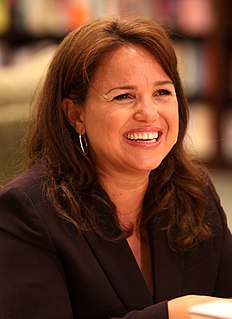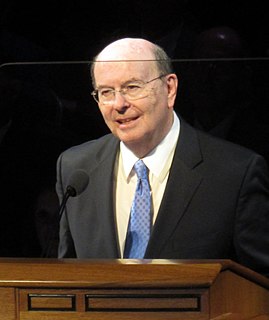A Quote by Michael Moorcock
By means of our myths and legends we maintain a sense of what we are worth and who we are. Without them we should undoubtedly go mad.
Related Quotes
As we were developing 'Umbral', and I was delving into the mythology and legends, I had a sudden realisation. 'Wasteland' is about people who fervently believe new myths and legends, but they turn out to be false; whereas 'Umbral' is about people who reject ancient myths and legends, but they turn out to be true!
…You see, my dear friend, I am made up of contradictions, and I have reached a very mature age without resting upon anything positive, without having calmed my restless spirit either by religion or philosophy. Undoubtedly I should have gone mad but for music. Music is indeed the most beautiful of all Heaven's gifts to humanity wandering in the darkness. Alone it calms, enlightens, and stills our souls. It is not the straw to which the drowning man clings; but a true friend, refuge, and comforter, for whose sake life is worth living
It helps to regard soul as an active intelligence, forming and plotting each person's fate. Translators use "plot" to render the ancient Greek word mythos in English. The plots that entangle our souls and draw forth our characters are the great myths. That is why we need a sense of myth and knowledge of different myths to gain insight into our epic struggles, our misalliances, and our tragedies. Myths show the imaginative structures inside our messes, and our human characters can locate themselves against the background of the characters of myth.
Knowledge is not wisdom: cleverness is not, not without awareness of our death, not without recalling just how brief our flare is. He who overreaches will, in his overreaching, lose what he possesses, betray what he has now. That which is beyond us, which is greater than the human, the unattainably great, is for the mad, or for those who listen to the mad, and then believe them.
The liberties of our country, the freedoms of our civil Constitution are worth defending at all hazards; it is our duty to defend them against all attacks. We have received them as a fair inheritance from our worthy ancestors. They purchased them for us with toil and danger and expense of treasure and blood. It will bring a mark of everlasting infamy on the present generation – enlightened as it is – if we should suffer them to be wrested from us by violence without a struggle, or to be cheated out of them by the artifices of designing men.
Will they attack us? Yes. Will they smear our backgrounds and distort our records? Undoubtedly. Will they lie about us, harass our families, namecall to try to intimidate us? They will. There's nothing safe about it. But is it worth it? Well, let me ask you. Is freedom worth it? Is America worth it?
When we follow the reversal of normal experience, we find ourselves in an unusual, nearly mad experience. Being in an almost mad experience is not something we should fear: only in such experience are we jarred out of our common sense opinions and beliefs. It opens our minds to other ideas and thought. It makes us think.
We read novels because we need stories; we crave them; we can’t live without telling them and hearing them. Stories are how we make sense of our lives and of the world. When we’re distressed and go to therapy, our therapist’s job is to help us tell our story. Life doesn’t come with plots; it’s messy and chaotic; life is one damn, inexplicable thing after another. And we can’t have that. We insist on meaning. And so we tell stories so that our lives make sense.





































